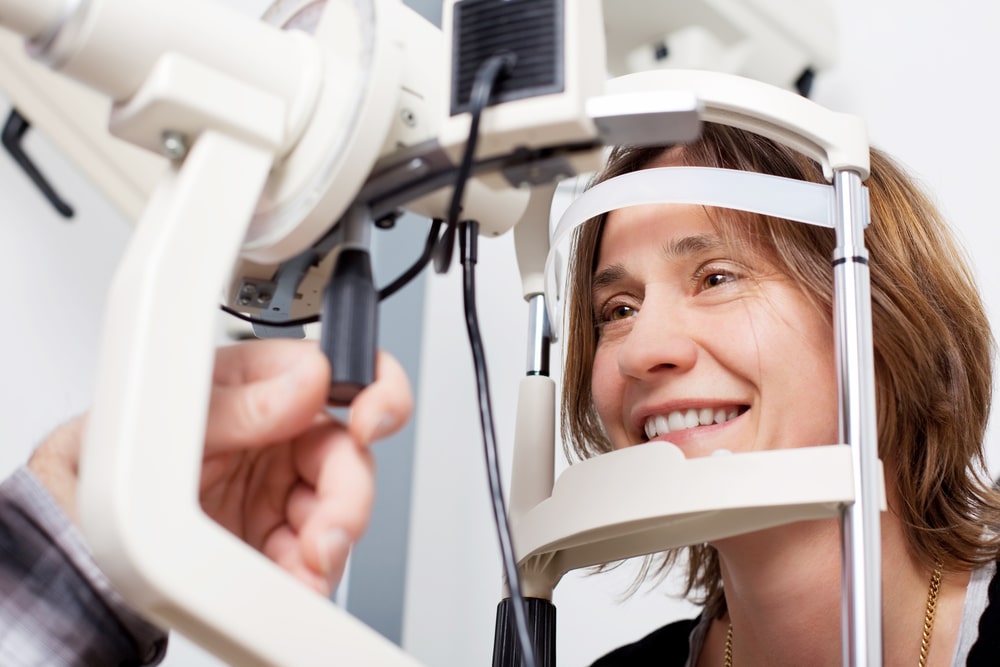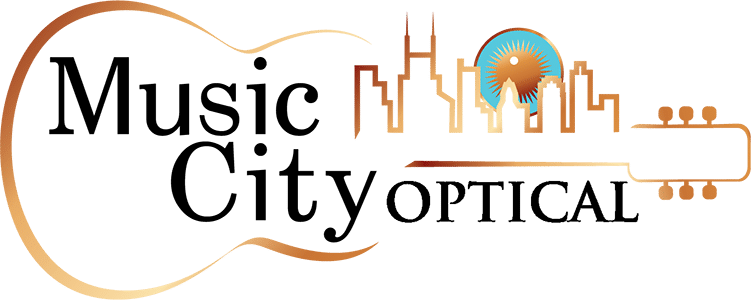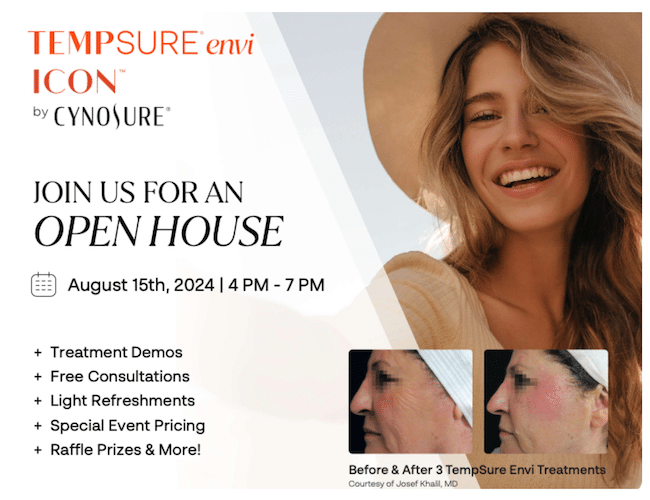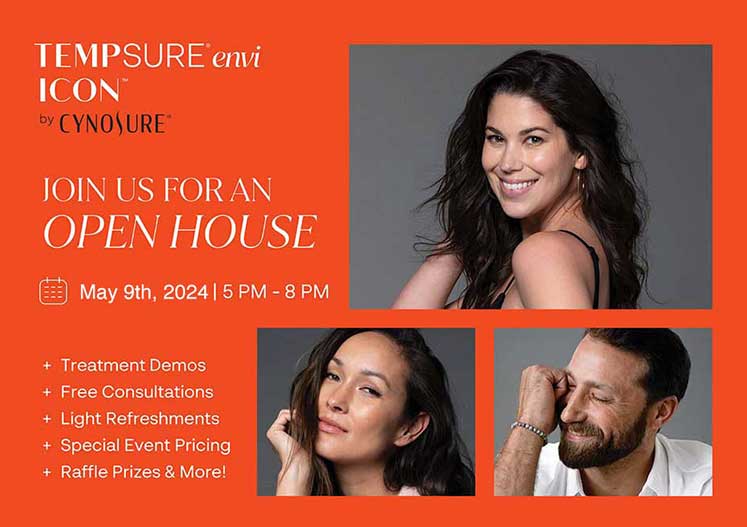How often should you get a comprehensive eye exam? According to the American Optometric Association, comprehensive eye exams should be treated similarly to regular annual physicals, meaning you should get one every 1 – 2 years. Like other ailments affecting your health, catching degeneration and disease processes in your vision early gives us the best option for treatment.
If you haven’t already been making comprehensive eye exams a regular part of your wellness, then it’s time to schedule an appointment with Dr. Connie James of Music City Optical, the leading Nashville Optometrist. In addition to offering comprehensive eye exams, our Nashville Optometrist uses state-of-the-art treatments and technologies to treat a range of ailments, including dry eyes, glaucoma, macular degeneration, cataracts, and more.
We also have an in-house optical boutique that offers a range of eyeglass frames, including designer frames like Tom Ford, Persol, and more. The goal of Music City Optical, home to the leading Nashville Optometrist, is to make your experience as easy and stress-free as possible. Get started by scheduling your comprehensive eye exams for the new year today!

How Often Do You Need a Comprehensive Eye Exam
Getting regular comprehensive eye exams yearly or every other year, is an important part of your general health and wellness – though we find it’s often overlooked until there’s a problem. Not only is preventative care proven to be better in terms of outcome when disease does present itself, but many eye-related problems have no obvious signs or symptoms. Having regular comprehensive eye exams can allow us to spot things early.
Finding disease processes early is one of the best ways to protect against total vision loss, as it allows us to treat the problem early. Detecting these changes, along with noting other changes in your overall health, is only possible with regular comprehensive eye exams. Luckily, these annual exams are also covered by most vision insurance plans. We take most insurance plans, including Eyemed and VSP.
What to Expect From Our Nashville Optometrist
Comprehensive eye exams are one of the most common types of appointments we see on a day-to-day basis. Our Nashville Optometrist uses Vision Care Technology to assist in the early diagnosis and potential treatment of a variety of vision-related conditions. Throughout your comprehensive eye exams, these are the potential tests you can expect:
- Visual function and eye health for depth perception, peripheral (side) vision, and the response of the pupils to light
- Visual acuity to test the sharpness of your vision
- Color Blindness – detecting hereditary color vision deficiencies
- Ocular motility – determine how well your eyes can follow a moving object
- Pupil dilation to obtain a better view of the eye’s internal structures
- Retinoscopy to estimate your eyeglass prescription
- Autorefractor to automatically estimate your eyeglass prescription
- Refraction to determine your exact eyeglass prescription
- Slit-lamp microscope to check for common eye diseases and conditions such as corneal disease, cataracts, & dry eye syndrome
- Tonometry (Intraocular pressure) to test for glaucoma
- Ophthalmoscopy to examine the optic nerve, retina, and blood vessels
Comprehensive eye exams may also include advanced tests, such as the following:
- Visual fields test to check for blind spots in your vision
- Retinal photo to test for retinal eye disease which included diabetic retinopathy, macular degeneration, retinal holes & tears, & hypertensive retinopathy
- Zeiss Clarus is an ultra wide-field camera used to obtain a better view of both the central and peripheral retina
If any diagnoses are made during your exam, we’ll work with you to design a treatment plan, including the future need for glasses or contact lenses. If you haven’t been seen for a comprehensive eye exam recently or it’s time for your annual checkup, it’s time to schedule your appointment with our leading Nashville Optometrist today!


